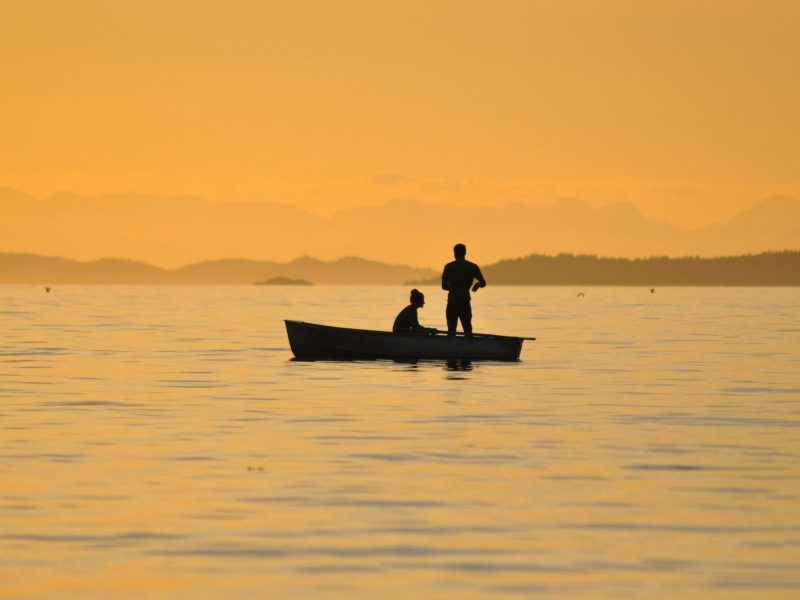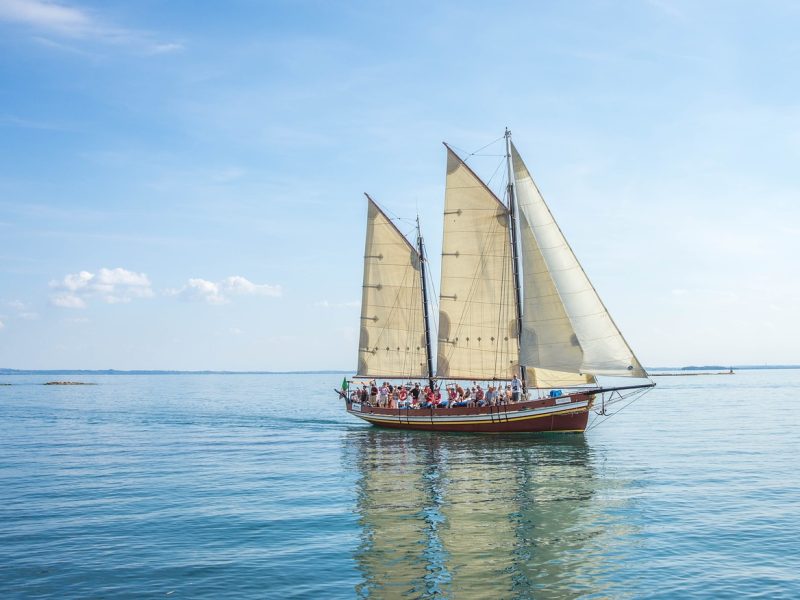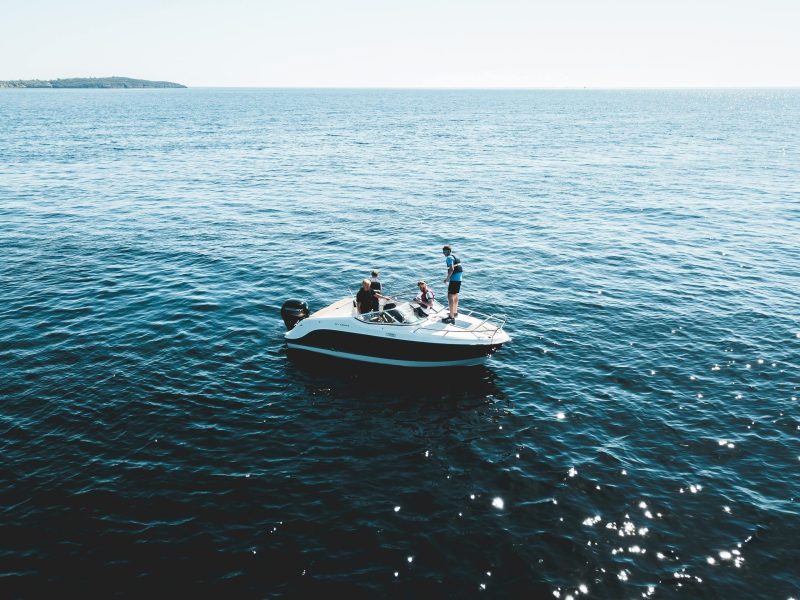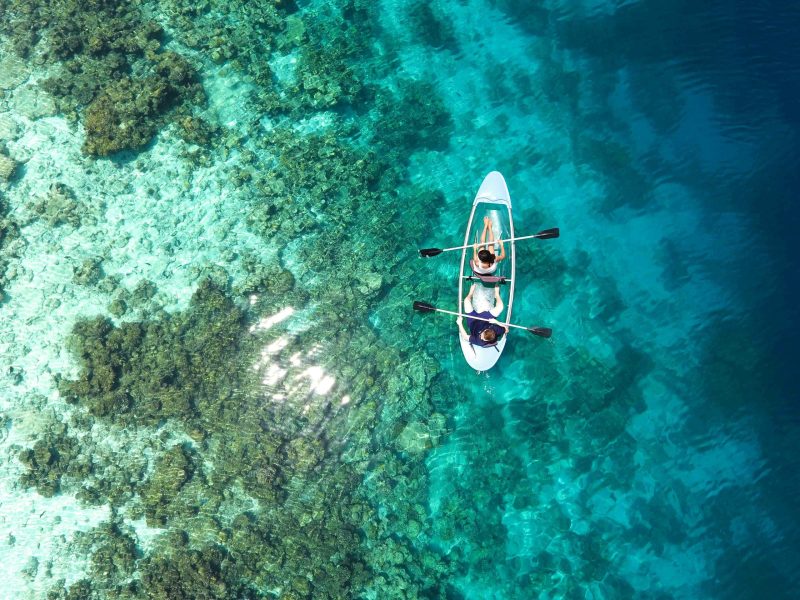
Budget
Owning a boat includes various costs beyond the purchase price. Factor in ongoing expenses like maintenance, storage, and insurance. Being prepared financially from the start helps avoid surprises later and ensures you’re ready for a long-term investment.

Licensing and Training
Obtaining the appropriate license and completing a boating safety course are often legal requirements and essential for safe operation. Learning basic navigation, emergency protocols, and operating techniques is a wise investment that enhances safety and confidence on the water. Learn more details about padlespesialisten .

Essential Safety Equipment
Life jackets or personal floatation devices (PFDs) are required on all boats. Ensuring each passenger has an appropriate life jacket can be life-saving in emergencies, providing peace of mind on every trip. Have extras on board, especially for kids and pets, to be fully prepared.



